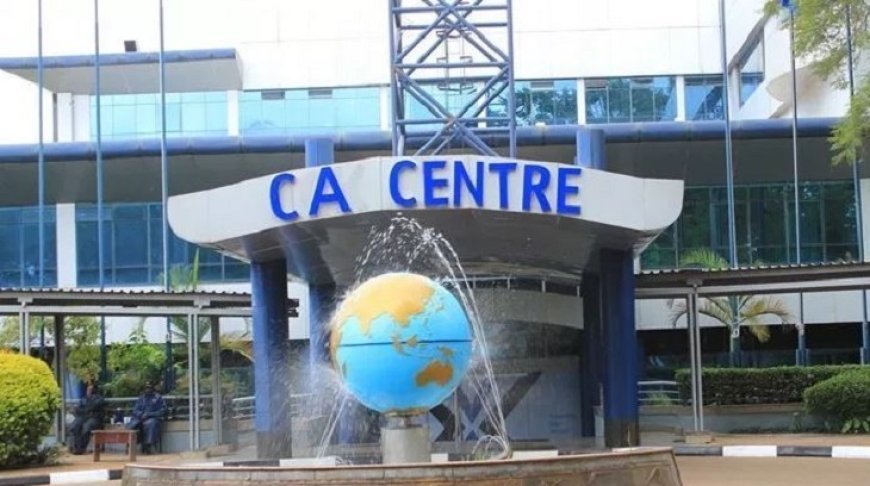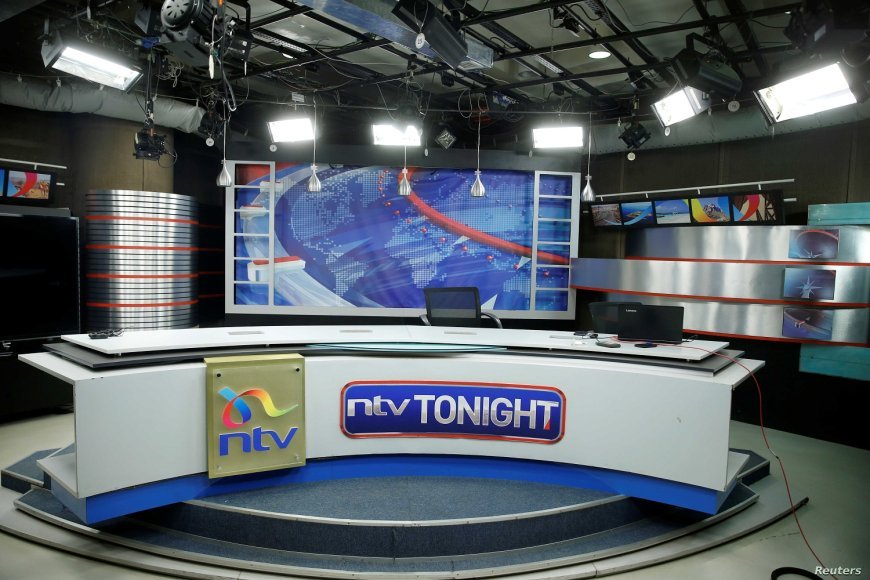Court Blocks Communications Authority From Switching Off TV, Radio Stations
Justice Chacha Mwita on Wednesday, June 25, also ordered CA to reinstate the broadcasting signals for the TV stations that were switched off for failing to comply with the directive.

The High Court has suspended a directive by the Communications Authority of Kenya (CA) that all television and radio stations stop live coverage of the June 25 demonstrations.
Justice Chacha Mwita on Wednesday, June 25, also ordered CA to reinstate the broadcasting signals for the TV stations that were switched off for failing to comply with the directive.
"That a conservatory order is HEREBY ISSUED, suspending, with immediate effect, the DIRECTIVE REF No. CA/CE/BC/TV90A or any other directive issued by the Communication Authority of Kenya to all Television and Radio Stations directing them to stop live coverage of the demonstrations of 25th June 2025 or any other demonstrations, until the hearing and determination of the application and petition," stated the ruling in part.
"THAT any Broadcasting signals that may have been switched off as a result of the referenced directive be restored with immediate effect, pending further orders of the court. THAT service of this order may be effected through email and may also be served by publishing it in live Television broadcasts or through newspapers."

A photo of NTV studios at Nation Media Group headquarters in Nairobi. /FILE
The Authority, as well as Director General David Mugonyi, was also warned that any disobedience or non-observance of the order of the court "served herewith will result in penal consequences to you and any other person and not observing the same."
Justice Mwita further ordered that pleadings be served immediately through emails due to the urgency of the matter and that the respondents, being the State Law Office, and interested parties, do file and serve responses to the application and petition within three days after service.
The petitioners, being the Law Society of Kenya (LSK), will then have three days after service to file a rejoinder if need be. The matter is set for direction on July 2, 2025.
This comes moments after the Katiba Institute and the Kenya Human Rights Commission (KHRC) announced that they had submitted an urgent judicial review application to the High Court on the matter, which saw signals of KTN, NTV, Citizen TV, and K24 switched off.
“Today, Katiba Institute (KI) and the Kenya Human Rights Commission (KHRC) have filed an urgent Judicial Review Application at the High Court in Nairobi challenging the unconstitutional directive issued by the Communications Authority of Kenya (CA), which ordered all television and radio stations to cease live coverage of ongoing public demonstrations,” part of the statement read.
"This directive was swiftly followed by police raids on major broadcast transmission sites of Citizen TV, NTV, and KTN, leading to the unlawful shutdown of their free-to-air services. The CA threatened broadcasters with regulatory sanctions, including license revocations, should they defy the directive."
In their court filing, the two organisations argued that the Communications Authority’s directive violated three fundamental constitutional rights—freedom of expression, media freedom, and the right to access information—as outlined in Articles 33, 34, and 35 of the Constitution.
They also contended that the directive breached the right to fair administrative action and due process, as guaranteed under Article 47 and the Fair Administrative Action Act.
Additionally, they noted that the move disregarded previous court rulings, including Republic v Chiloba (2023) and Kenya Union of Journalists v CAK (2024), which had declared similar actions unlawful and reaffirmed that the CAK does not have the legal mandate to regulate broadcast content—a responsibility constitutionally assigned to the Media Council of Kenya.
Shortly after releasing the directive, the Communications Authority raided the Limuru transmission station and shut down the free-to-air signals of major TV stations. This move followed the stations’ decision to continue airing live protest coverage from various parts of the country.
Despite the blackout, the stations remained accessible through social media platforms, and viewers with satellite TV subscriptions continued to watch the broadcasts.







